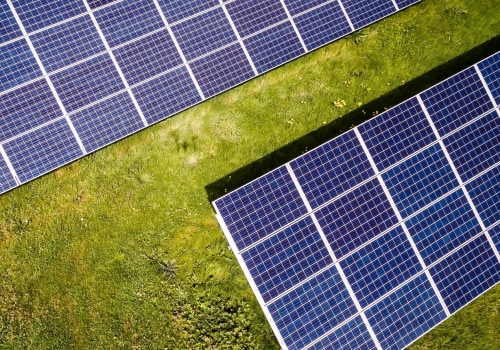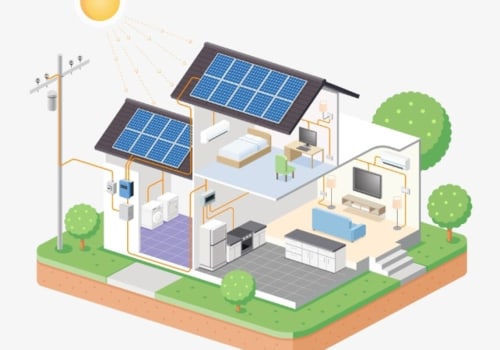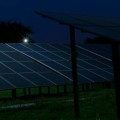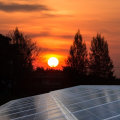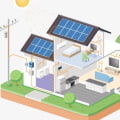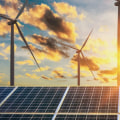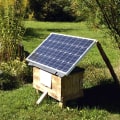The initial cost of purchasing a solar system is quite high, and this is the biggest downside to solar electricity. Although solar energy can still be harvested during cloudy and rainy days, the efficiency of the solar system decreases. Standard home solar doesn't “work at night”, and DIY solar installation is difficult (if not impossible) for most homeowners. On the other hand, the most well-known advantage of solar panels is that they will reduce the cost of your electricity bills.
Generating electricity produces a lot of carbon emissions, and in the United States, electricity generation from fossil fuels accounts for 25 per cent of all greenhouse gas emissions. This is why solar energy is becoming increasingly popular as an alternative source of energy. In about 8 years after installation, your solar panel system will have fully paid for itself by providing free electricity to your home. After that, you will start making money simply by doing nothing but having solar panels.
And these solar cells often last for decades, about 25 to 30 years, on average. If you are not tied to the power grid, you need energy storage devices (the most common being a lithium-ion battery) to house the energy that your solar panels produce at the beginning of the day, so that you have energy during the night. The extraction of rare earth elements for use in wind turbines and solar cells has a negative impact on the environment and on the humans who extract them. Fortunately, major technology companies are exploring methods to recycle these rare earth elements to maintain a steady supply.
Solar panels are more efficient in colder temperatures because excessive heat can reduce the voltage they produce. If your home doesn't get enough sunlight, either because of weather or shade, solar panels may not be a viable option. Governments around the world are taking a big step with solar energy and it is being used to power trains, buses and even the international space station. In addition to the cost of replacing solar panels, damaged ones need to be handled and disposed of properly due to the toxic compounds used inside.
Companies will use solar panels to reduce the cost of their operating bills and free up cash flow to reinvest in their businesses. Improper installation of solar panels could leave holes in the roof that could lead to water leaks that would cause significant damage both to the outside and inside of your home. It had 97.7 GWdc of on-line solar generation capacity, having installed more than 19 gigawatts (GWdc) last year alone. This means that a larger area of solar panels is needed to produce the same amount of energy as a coal plant.
Unless you want to pay more to have your system dismantled, unwired and transported to another location, solar panels are stuck in one position. Solar households must rely on utility grids or battery storage for energy at night and in other situations where sunlight is limited. Again, this is because solar panels have a high initial cost and can be considered a great investment asset. Having this wide variety of options is a huge advantage for homeowners, as they can get solar panels specific to their requirements and needs.


